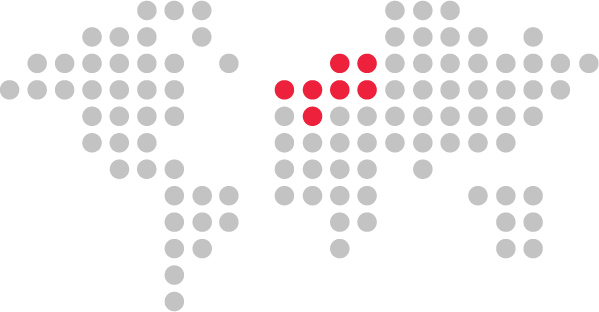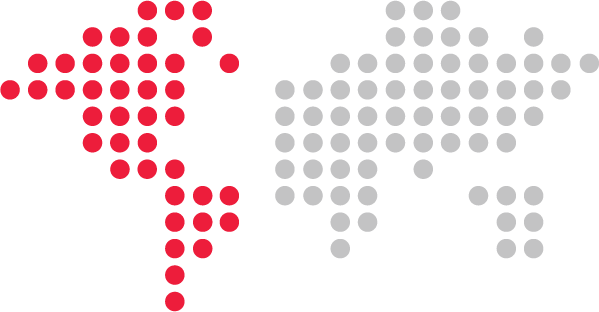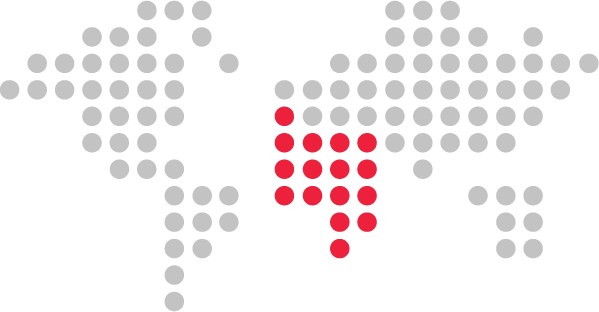Documenting London’s boroughs to solve parking problem
Case study

Author: Penny Boviatsou
Spending hours looking for parking space on busy city roads and parking lots is a serious matter. Cities across the world keep struggling with the problem with wasted fuel, and emissions adding up to the economic and non-economic impact of parking hunting.
Parking app technology is on the rise offering users cashless payments and helping drivers find and reserve parking spaces and avoid parking tickets.
AppyParking, a London-based kerbside management and mobility technology firm, operates an award-winning parking app that allows users to see and understand all on-street parking areas, restrictions and operating hours in addition to off-street car parks, helping users make informed choices about where to park before they arrive.
“We’re on a mission to make parking forgettable for drivers by providing the best on-street parking information so they can find the nearest and cheapest options for where they want to go. We also work closely with local authorities to help them better manage their kerbside assets with data-driven solutions that improve compliance and safe access for drivers and businesses,” said Dan Hubert, CEO and founder of AppyParking.
AppyParking needed to survey London’s kerbsides to create an accurate map of all parking zones across the capital. The parking company approached Getmapping Plc, a leading provider of aerial photography, mobile mapping, LiDAR, digital mapping and web-based services across Europe and Africa, to undertake mobile mapping surveys of car parking zones across London.
With more than 20 years of experience in capturing and processing large volumes of geospatial data, Getmapping invested in two Leica Pegasus:Two Ultimate mobile mapping systems to survey London’s boroughs for the largest mobile mapping project in Europe.
Efficient data capture through mobile mapping

Project planning was crucial for the project’s success. Getmapping wanted to ensure the project would run smoothly according to a plan. The initial capture of parking data for six London boroughs was required in autumn 2017/18 with progressing phases through the first six months of 2018.
A team of three surveyors drove 25 kilometres per day with the Leica Pegasus:Two around London’s boroughs to simultaneously collect imagery and LiDAR data. Surveying was possible throughout winter months of poor light, and no surveyors or traffic management crews were needed in the road – all data was captured from the safety of the vehicle.
Once the data collection was completed, data was transferred back to the office in hard disks. Two team members processed the data using the Leica Pegasus:Manager to produce the Simultaneous Localisation and Mapping (SLAM) corrected trajectory, along with panoramic imagery and coloured point clouds.
“The progress of surveying methods and mobile mapping systems opens new perspectives for the collection of road data. With the Leica Pegasus:Two Ultimate we were able to smoothly collect data, travelling around the survey sites around London, with no traffic management or road closures required,” said Martin Tocher, group innovation director at Getmaping.
More data, faster

The capture of parking data in further 13 London boroughs started immediately and was completed by mid-year 2018.
Getmapping purchased one Pegasus:Two Ultimate mobile mapping system and upgraded the existing Pegasus:Two to the Ultimate version to complete this project. The Pegasus:Two Ultimate allows capture in a variety of lighting conditions and vehicle speeds - a higher dynamic range is enabled by a large sensor to pixel ratio and a dual-light sensor. Photogrammetry and image quality are improved with the increased side camera resolution of 12 megapixels and onboard JPEG compression.
“The Leica Pegasus:Two Utlimate’s higher resolution camera system offered better picture quality, plus the dual fish-eye camera system provided ‘stitching free’” pictures,” said Alexandre Alves, European operations manager at Getmapping. “By utilising Leica Geosystems’ latest mobile mapping technology, which has three times the resolution compared to a standard system, the volume of data handled by Getmapping increased threefold, and we upscaled our processing resources to handle the huge volume of data that phase two required.”
After 100 days of surveying, the results of the two phases were:
- Surveys of all parking zones across 19 London boroughs and five cities
- More than 6,500-line km captured in city environments with multiple passes to avoid data occlusions
- 1 million points of data captured per second
- 19 terabytes of raw data collected
- 52 terabytes of data delivered
- 27 features extracted per controlled parking zone
- Final relative accuracy better than 1.5 centimetres
- Final absolute accuracy better than 4 cm
- Maximised value – mobile mapping reduces the average survey time by 80 per cent compared to traditional survey methods.
The captured imagery and point cloud data, along with associated feature extractions, enables AppyParking to deliver high definition traffic management data to their smart parking systems. Getmapping’s mobile mapping team delivered the final data ahead of time and also surveyed Brighton, Cambridge, Oxford, Portsmouth and Coventry to support AppyParking’s smart parking proposition. The customer’s expectation is to survey now cities around Europe.























